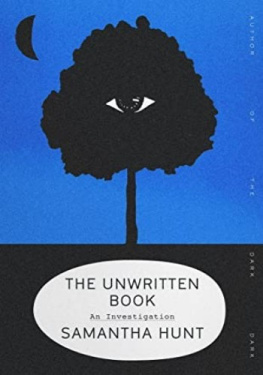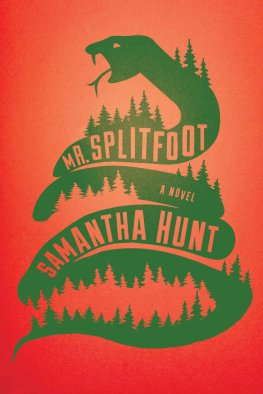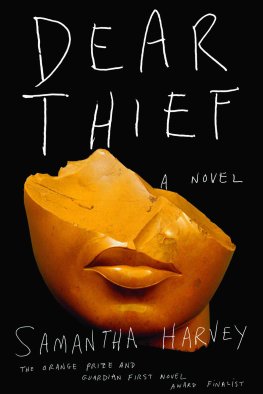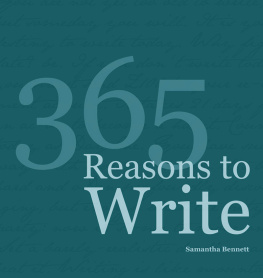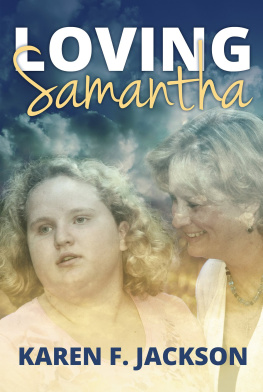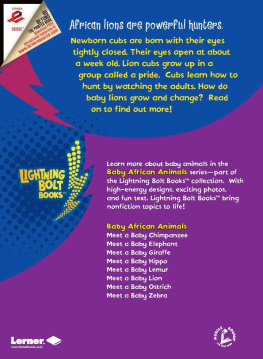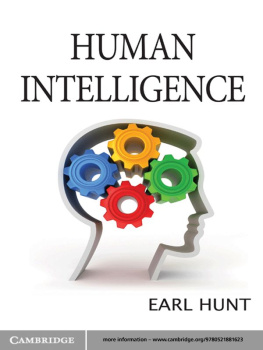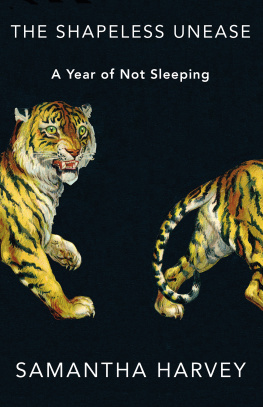Thank you for buying this
Farrar, Straus and Giroux ebook.
To receive special offers, bonus content,
and info on new releases and other great reads,
sign up for our newsletters.
Or visit us online at
us.macmillan.com/newslettersignup
For email updates on the author, click here.
The author and publisher have provided this e-book to you for your personal use only. You may not make this e-book publicly available in any way. Copyright infringement is against the law. If you believe the copy of this e-book you are reading infringes on the authors copyright, please notify the publisher at: us.macmillanusa.com/piracy .
for
Diane, Amy, Charley
Lizzie, Katy, Andy
There was a man dwelt by a churchyard.
Well, no, okay, it wasnt always a man, in this particular case it was a woman dwelt by a churchyard. Though, to be honest, nobody really uses that word nowadays. Everybody says cemetery. And nobody says dwelt anymore. In other words:
There was once a woman who lived by a cemetery.
Every morning when she woke up she looked out her back window and saw
Actually, no. There was once a woman who lived byno, ina secondhand bookshop.
ALI SMITH , The Universal Story
The sun will set soon. Birds come to the feeder. Each bird is magnificent. Each bird is weird. How did the birds get so weird? A bright red head, spiky tufts, yellow eyes, pink feet, hidden fluorescence, the ability to fly. How did the word weird get so weird? And my hands, they are also weird. Im watching the weird world, the weird birds when a thought arrives from nowhere. What if Ive been dead for a long time? What if Ive been dead my whole life?
If I am dead, the strangeness of existence is momentarily comprehensible. I catch a glimpse or scent of our dispersed worlds, this place without border, boundary, pain, or punctuation. This place where we are all intimately mixed up with one another. My branch, your book. His leg, her light. All the elements my body and your body have known: a mountain boulder, sediment in the sea, an underground pebble, sand. Everything is ancient, small, and eternal. More birds arrive. More birds leave. My children are playing in the yard. They jump, shriek, and pretend to be something other than their current forms. I hear them speak and, as if waking, my specifics come to collect my body back into being a mother, sister, daughter, wife, friend, a woman who is alive, reading a book outside before dusk. In the yard, I shake off enough deadness to go make dinner. My arms feel stronger with the memory of the rocks that make me.
But we have been dead a long time. Of bodies changd to various forms, I sing. Our repurposed parts, like Frankensteins creature, are calcium, potassium, phosphorus, sodium, magnesium remixed into bodies. Everything is forever. No ones going anywhere. Toni Morrison writes, Its hard to make yourself die forever. Thich Nhat Hanh says, I have been a cloud, a river and the air. Cristina Rivera Garza tells us, I know you from when you were a tree. From those times.
Being a human is extraordinary. Being a tree or chickadee or pile of ash is also, no doubt, extraordinary. I just dont often remember having been those things. Though I studied geology, the long view of existenceour lives as mineralsis not the story I most often focus on. Rather, I look for and love the drama in the small details particular to one person, the crooked tooth, the bitten nails, the hidden suffering. We mourn the loss of one extraordinary human life: a grandmother, a cousin, a father, a friend. There is exquisite beauty and storytelling in the smallness. Reading life and death like a book. Start here. Finish here. These things that end (humans, winters, childhoods, love affairs, books) have sharp edges, painful as desire and packed with grief. Their hurt is precious and rich with meaning. It speaks to the work our bodies are really made for: feeling.
How do you feel? I feel like a teenage girl. By that I mean I experience torrential emotions, trying to stay as awake to feeling as a teenage girl might be. In her poem Some Girls, Alison Luterman writes, I have learned that some girls are boys; some are birds / some are oases ringed with stalking lions. Girls are brave in the ways they feel things. I want to have their courage, to be someone who feels always. I want our world to be led by people who feel things deeply. Then, some days, I am wrecked by feeling. Grief and desperation, anger and anxiety tear a hole in my being. Other days, I feel nothing. Those are the worst days.
My grandma Norma Stallings Nolan Santangelo had an accreted name that marks waves of twentieth-century immigration in New York. She lived to be 101. She loved Jesus. Her condo was filled with sexy pictures of him: damp eyes, bare chest, cuts in his body like small vulvas. His flesh broken and open to the world. My grandmother loved people. When I introduced her to the man who became my husband, she flirted with him, danced with him. I teased her. Nan, thats my boyfriend. And she said, I know, honey. Hes so cute. She had little of material value, but maintained a deep generosity. She was money poor but shed wink and say, I have a rich father, a statement I didnt understand as a girl. She and her sisters created their own language. Buz, Zan, snicky, Nomy, jubby. My grandma played with words, discarding definitions she didnt care for. It made her powerful. She was a pool shark, and a great one because no one ever believed this small woman could beat them at billiards until she did. She told me, If you have a problem with the word god, replace it with the word love. The cosmos she described is flexible, kind, and commodious. Now God often looks like her, a tiny feather of a woman dressed in bright colors and costume jewelry, a god who knows the names of small flowers and birds even if she created the words herself, a god who is insecure not from lack of loving but because she is full of mistakes, broken and open to all. She is without protection, feeling everything, fear, sorrow, and love. My God.
After the word god became the word love, rocks became books, and books rocks. It makes sense to me. The longer I live with books and words, the more I enjoy their erosion. I break them open. I make beaches. And, as my grandma did, I reinterpret meanings. The older I get, the solid rock books of my youth make room for a literature thats more like the trees, so much greenery and decomposition. I confuse which book is which and what chapters belong where. Books composed in the hope of also one day being decomposed. Life and death in the library of trees. Death as a library. Library as a forest.
My friend Annie sent me a quote from Matisse. Do I believe in God? Yes, when I work. I keep this card on my wall beside a photo of Mr. Morgans bloodred library in New York City, beside a photo of the long-gone geodesic dome built on the edge of the woods in Vermont where I spent my twenties with an exceptionally open family who allowed me to live in the forest with them, who took me in as one of their own when I was eighteen. These three photos on my wall: art, library, forest. Lately, my library does look more like a forest. Some books grow in memory or importance, some decay. Books, like trees, live longer than people. I make them into my natural history. Books as birds, rocks, trees, bees, moss. I read and write stories that have already been written, of how the dead are ever returning to us, how the dead never left.
In Swimming to America Patricia Spears Jones writes about a dream of Borges. He built a library near a fjord. Then: When they search for the library, they find mist. Where are those misty volumes?
Many people are dying these days. Ive lost four friends in the time Ive written this essay. One of them died only yesterday. And revising now, a different time, another friend has died. It doesnt feel like a tremendous leap to connect death, the library, and the forest. They are bounded spaces without a boundary, full of dust and ghosts. Dust that never leaves us. Not creepy or stagnant, but dust, Ms. Joness mist, and ghosts who are golden with possibility, fermentation, and growth. Growth is another word I like to smash open.
Next page
